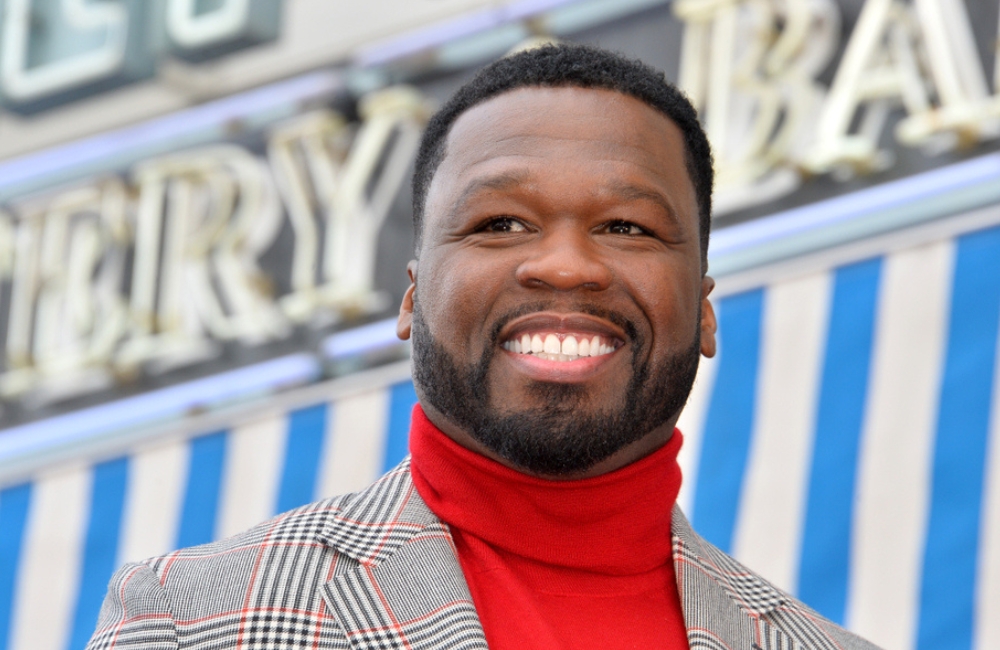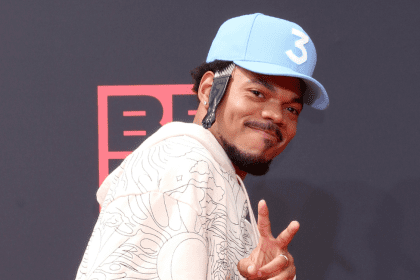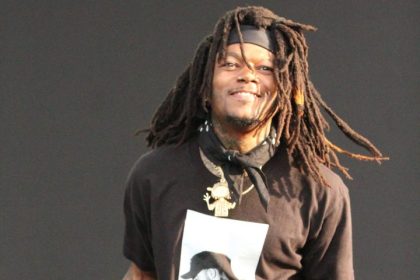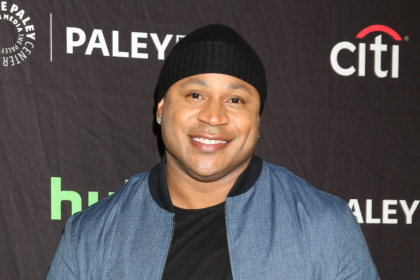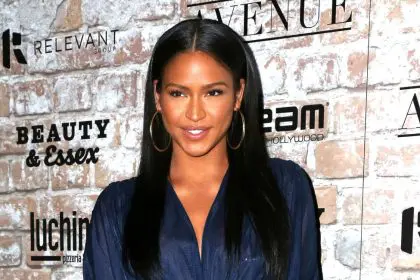The landscape of female hip hop has undergone significant transformation, with 50 Cent, the influential G-Unit founder and entertainment mogul, advocating for a paradigm shift in how women are represented in the industry. During a revealing conversation with radio personality Michael Perry, he articulated his vision for a more multifaceted representation of female artistry in hip hop, moving beyond what he perceives as an oversaturated market of hypersexualized content. This conversation has ignited a broader industry discussion about the future of female representation in rap music and its potential impact on upcoming artists.
Historical context and personal reflection
50 Cent acknowledges his own creative journey, including hits like Candy Shop and Magic Stick, while drawing attention to the nuanced differences between past and present approaches to sexual themes in music. His artistic evolution serves as a backdrop for examining the current state of female representation in hip hop, where he identifies a shift from metaphorical expression to more explicit content. The early 2000s represented a different era in hip hop, where artists often balanced commercial appeal with artistic expression through clever wordplay and metaphorical storytelling.
Contemporary landscape of female rap
The current hip hop scene showcases prominent figures like Megan Thee Stallion, Latto, Ice Spice, and Sexyy Red, who have successfully carved their niches while embracing sexuality as an empowerment tool. Veterans like Nicki Minaj and Cardi B continue to dominate charts with tracks like Super Freaky Girl and WAP, demonstrating the commercial viability of this artistic approach. This era has witnessed unprecedented success for female rappers, with streaming numbers and chart performances reaching historic highs. However, this success has also sparked discussions about the diversity of narratives being promoted within the mainstream hip hop industry.
Voices of change
The conversation extends beyond 50 Cent, with fellow industry veteran Fabolous echoing similar sentiments about the importance of authentic storytelling in female rap. This growing dialogue highlights the untapped potential for diverse narratives within the genre, emphasizing the need for platforms that showcase the multifaceted experiences of women in hip hop. Industry insiders have begun advocating for more investment in developing artists who bring different perspectives to the genre, focusing on topics ranging from social justice to personal growth, family dynamics, and professional achievements.
Rising alternative voices
Despite concerns about one-dimensional representation, artists like Doja Cat and Doechii have emerged as powerful examples of alternative narratives in female rap. Their success demonstrates the audience’s appetite for diverse storytelling approaches and unique artistic perspectives within the genre. These artists have proven that commercial success and artistic diversity are not mutually exclusive, often incorporating elements of different musical styles and tackling various subject matters in their work. The rise of independent platforms and social media has also enabled emerging artists to build followings without conforming to traditional industry expectations.
Future implications
The ongoing discussion about female representation in hip hop signals a potential shift in the industry’s approach to promoting and supporting female artists. This conversation could catalyze changes in how record labels, producers, and platforms work with female talent, potentially leading to more diverse representation in mainstream hip hop. Industry experts predict a gradual evolution in marketing strategies and artist development programs, with increased emphasis on nurturing unique voices and perspectives. Additionally, the growing influence of international hip hop scenes may contribute to broadening the scope of female representation in the genre.
The impact of this dialogue extends beyond the music industry, potentially influencing how media and entertainment platforms approach content creation and artist promotion. As the conversation continues to evolve, it may lead to more balanced representation across various entertainment channels and platforms. The future of hip hop lies in its ability to embrace and celebrate the diverse voices that contribute to its rich cultural tapestry.

